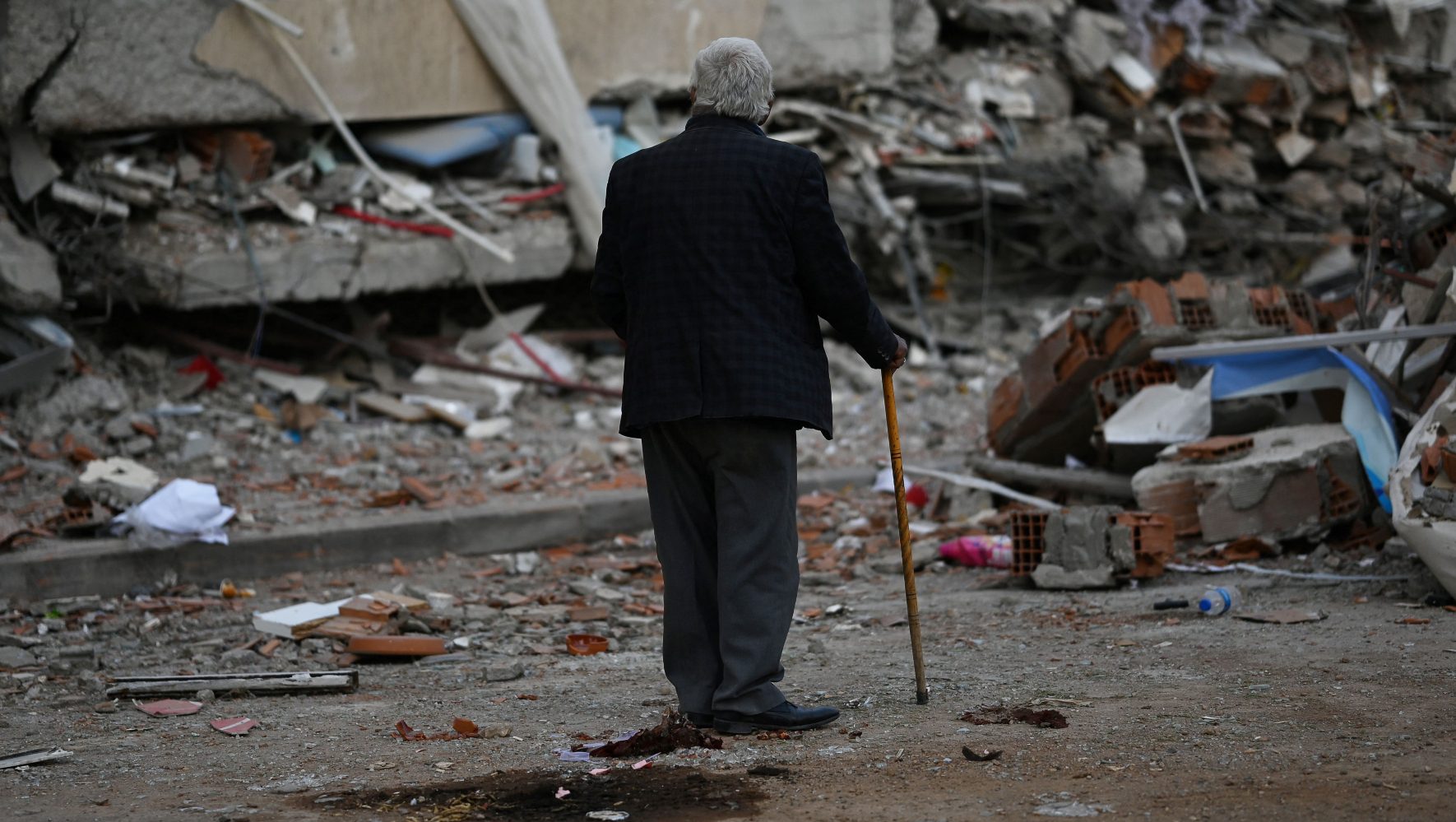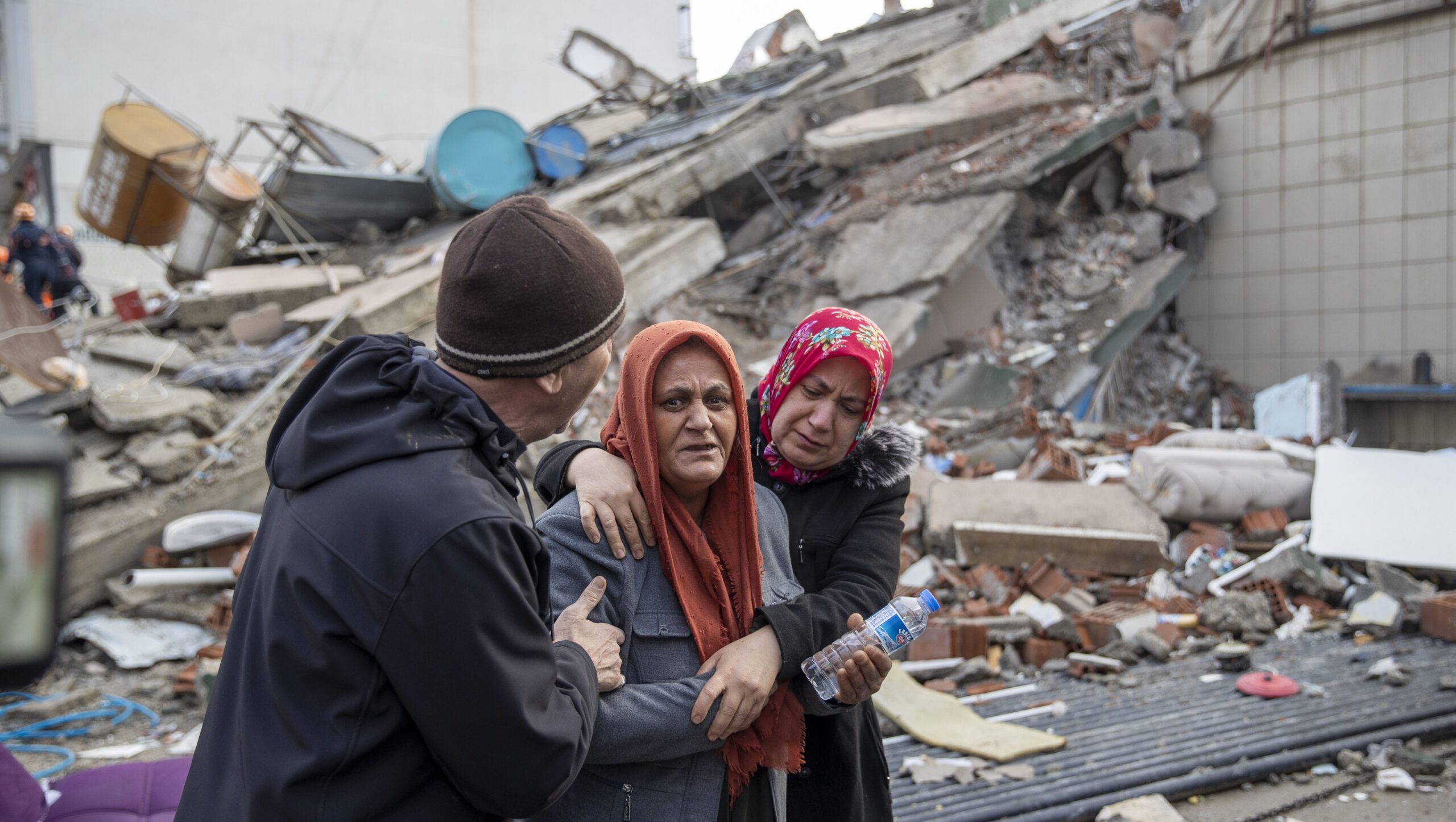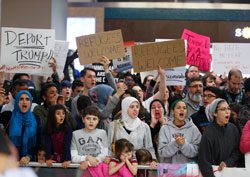World Politics Review: Why the U.S. Has Accepted So Few Syrian Refugees
Sep 09, 2015
[[{"fid":"1165","view_mode":"default","fields":{"format":"default","field_file_image_alt_text[und][0][value]":"World Politics Review: Why the U.S. Has Accepted So Few Syrian Refugees (Melanie Nezer quoted)","field_file_image_title_text[und][0][value]":"World Politics Review: Why the U.S. Has Accepted So Few Syrian Refugees"},"type":"media","attributes":{"alt":"World Politics Review: Why the U.S. Has Accepted So Few Syrian Refugees (Melanie Nezer quoted)","title":"World Politics Review: Why the U.S. Has Accepted So Few Syrian Refugees","style":"height: 258px; width: 400px; margin: 5px; float: right;","class":"media-element file-default"}}]]"As the plight of Syrian refugees and their harrowing attempts to enter Europe dominate international media, calls have mounted for the United States to play a greater role in managing the crisis," Karina Piser wrote in World Politics Review.
As Piser notes, "some speculate that the security concerns that dominate post-9/11 screening processes could undermine U.S. attempts to help Syria’s most vulnerable."
“There’s complete authority to raise the 70,000 ceiling,” explains Frelick. “But where it gets murky is when it comes to the Patriot Act’s criminalization of ‘material support’ to terrorist organizations, which was written excluding any minimal threshold: It could be a doctor providing medical care, or someone coerced—threatened at gunpoint—to cooperate with a terrorist entity,” he adds. “Paradoxically, precisely what makes you a refugee—living under threatening, hostile conditions—would disqualify you from obtaining refugee status in the U.S. But at the same time, no consular officer or DHS employee wants their name at the bottom of a form that admitted an individual who would attack U.S. citizens.”
Melanie Nezer, vice president of policy and advocacy at HIAS, a refugee advocacy organization, agrees. “The way this vague legislation will play out with the Syrian case is that we’ll be denying refugee status to anyone affiliated with groups like the Free Syrian Army, to whom the U.S. has provided at least moral support.” Although exemptions to the law were expanded in 2007, Nezer explains that “it’s not an easy process—first the refugee would have to be labeled a terrorist before entering the exemption process.” She adds that the UNHCR is well aware of these complications and hesitates to refer cases to the U.S. “This isn’t how the refugee referral process should be happening.”
To read the full story, visit World Politics Review.



